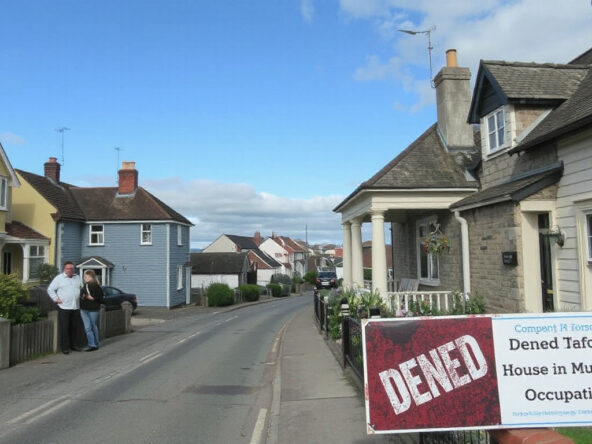In November 2024, the Welsh Government announced a radical proposal aimed at transforming the Council Tax system for Houses in Multiple Occupation (HMOs) through a new draft legislation. This legislative change seeks to categorize HMOs as single dwellings for Council Tax assessments, rectifying an existing framework that taxes each room within such accommodations as a separate unit. As a result, contract holders have faced escalating tax bills compared to fellow residents on the same street, culminating in a perceived financial inequity.
Under the proposed reforms, landlords are expected to receive a unified Council Tax bill for their properties, which they can subsequently distribute among tenants. This is anticipated to alleviate the tax burden on tenants, create a clearer tax structure, and potentially enhance affordability in rental housing across Wales. Propertymark has lauded these changes, calling for urgent reforms due to the detrimental effects of the current disaggregated tax system, which they claim disproportionately impacts residents of HMOs.
The Welsh initiative mirrors recent reform measures taken by the UK Government in England and appears to respond to significant advocacy from housing industry representatives. Additionally, stakeholders are recommending that local authorities avoid levying Council Tax on landlords for unoccupied units, to further ease financial strain on property owners and facilitate support for low-income residents. In this article, we will explore the nuances of the proposed changes, their anticipated effects on tenants and landlords, and the potential implications for the wider housing market in Wales.
Key Takeaways
- The Welsh Government is proposing to classify HMOs as single dwellings for Council Tax, seeking to equalize tax burdens between tenants and landlords.
- The proposed changes aim to simplify the tax process and reduce costs for residents by eliminating separate charges for individual rooms.
- Industry endorsements highlight the urgent need for reform to address the disproportionate financial impact of the current council tax system on low-paid workers and benefit recipients.
Overview of the Proposed Legislation Changes
In November 2024, the Welsh Government introduced a significant draft legislation proposal aimed at reforming the treatment of Houses in Multiple Occupation (HMOs) for Council Tax purposes. This legislation seeks to classify HMOs as single dwellings rather than separate entities for each room, which has been the current practice. This change is intended to alleviate the excessive tax burdens faced by tenants living in HMOs, who are currently subjected to individual billing for each room, creating a disparity compared to other residents in standard homes (Welsh Government, 2024).
The intention behind this proposed adjustment is to introduce a more equitable system, allowing landlords to manage a singular Council Tax bill that they could proportionate to their tenants, potentially lowering costs for them. Industry body Propertymark has thrown its support behind these proposals, emphasizing an urgent need for reforms within the present council tax framework, which has been criticized for imposing disproportionate costs on residents in HMOs (Propertymark, 2024). The organization also recommends that local councils refrain from charging landlords Council Tax on vacancies in units, aiming to address the financial pressures on landlords and, ultimately, tenants.
This initiative comes on the heels of similar movements in England, where the UK Government has also been responsive to calls for reform from housing advocates and industry professionals. The proposal from Wales seeks to mirror these efforts while aiming to foster a fairer and more balanced housing landscape for all residents.
Impact on Tenants and Landlords
The introduction of this draft legislation by the Welsh Government not only targets injustices faced by tenants but also seeks to create a fairer economic environment for landlords. By transforming the current council tax assessment for HMOs, the plan could facilitate more stable rental prices and promote healthier landlord-tenant relationships. As Propertymark has pointed out, the existing framework has unintentionally led to financial strain on both parties, with landlords often caught between the need to cover high tax bills and their duty to provide affordable housing for tenants (Nightengale, 2024). Furthermore, this legislative reform is expected to incentivise investment in the rental market, as landlords may find a more predictable financial landscape beneficial for long-term planning and property management. Enhancing the viability of HMOs could result in improved living standards and greater compliance with safety regulations, ultimately benefiting the wider community and housing sector in Wales.




